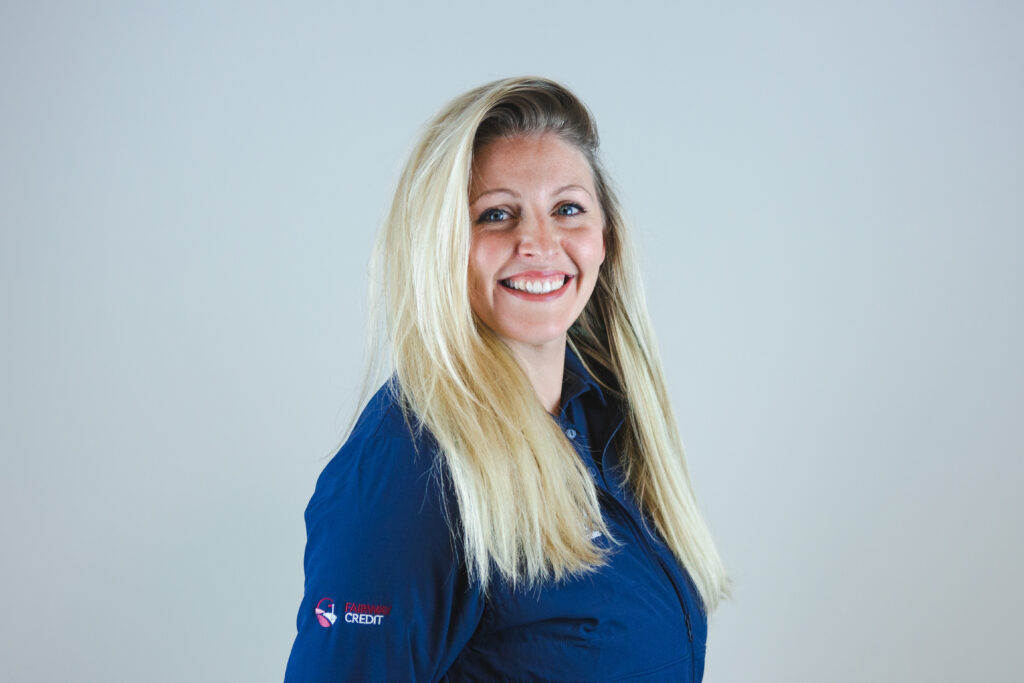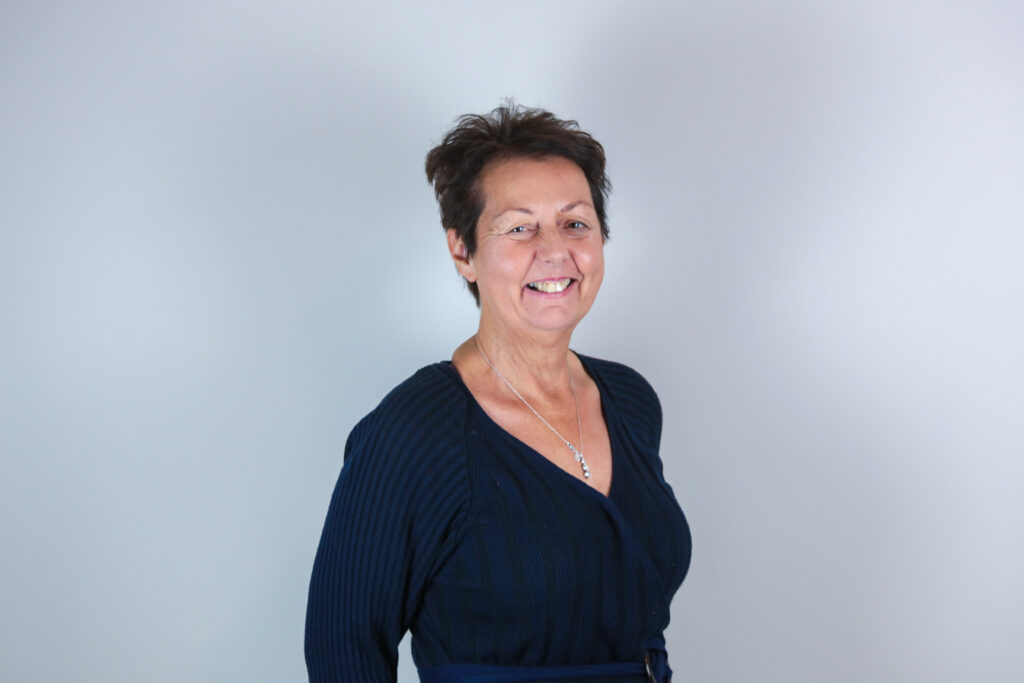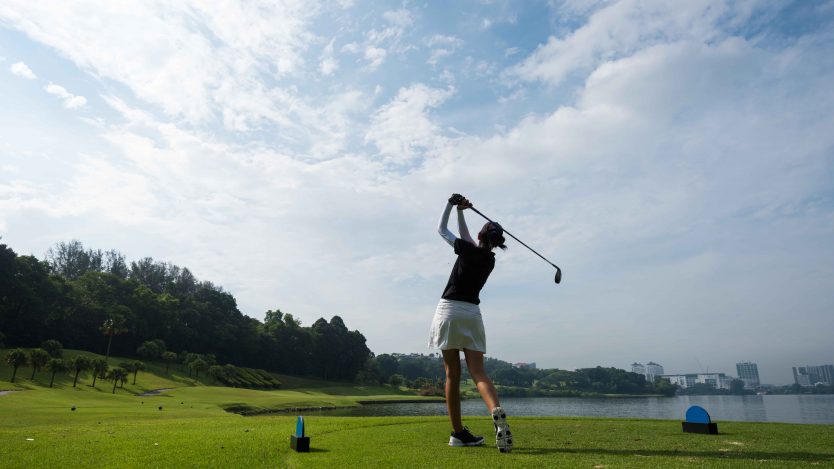In a recent episode of GCMA Insights on the Golf Club Talk UK Podcast, five leading females talked about the challenges they face and what they bring to their roles
This article is part of GCMA Insights – topical content for golf industry professionals, discussing the things that matter to those who work in golf clubs.
Take care with language, listen, and facilitate conversation. These are just three of the things we can do to make the golf industry a better workplace for women.
In a GCMA Insights episode of the Golf Club Talk UK podcast, Leighton Walker was joined by five women from different sectors to discuss the challenges of being a female in a male-dominated environment.
Natalie McColl, the GCMA’s membership services manager; Nicole Wheatley, owner of marketing agency Media8; Candi Watkins, general manager at Sharpley; Karen Drake, GM at Clevedon and Claire Docker, who is at the helm at Robin Hood GC, took part in a thought-provoking 75-minute chat.

With only 15 per cent of those working in golf being female – figures that mirror the number of women in golf club membership – the quintet talked about self-confidence and imposter syndrome, the language and disrespect shown that can be hugely damaging, alongside the physiological and life issues that can often leave women feeling like they are on the back foot.
But they also discussed what women bring to golf clubs and the wider industry and the positive attributes of empathy, calmness in the face of conflict, and bringing people together when building teams.
You can listen to the podcast here, but Walker concluded the discussion by asking each contributor their main takeaways and what men could do to be more supportive.
“Language is so important,” said McColl. “People just need to be a bit more considered about how they use language and, where you see it not being used in the most professional or respectful way, calling it out.
Get involved in the debate.
To join the GCMA, click here, or to organise a call with a member of the GCMA team, just complete the form below.
“Then it’s about trying not to be in so much shock that you’re paralysed – whether it’s happening to you or someone else in the room.
“If we can all start to call out where it’s not being used appropriately, and getting more men to recognise that, would be a really good step forward.”
“I think there’s no doubt I’ve got where I am because of certain men I’ve worked with,” added Watkins. “They’ve been extremely supportive and, at times when I’ve been naturally quiet, have given me the airspace to voice my opinion.
“But if we had more men around like that, supporting women and putting them through the roles, would be a great thing.”
Docker, meanwhile, said listening was the key.
“I’ve been lucky that I’ve been supported by really good professional male role models. What I would ask, to anyone out there, is to listen – especially being the only female in the room a lot of the time,” she said.
“Listen. Let me finish what I’m saying or answer the question I’ve been asked before they interrupt or finish that sentence or answer that question.”

“I’ve made a mental note to myself that when I see something that’s slightly disrespectful – not just to women but to other people that might be in the room – is to call it out and say something in a professional way,” continued Drake.
WHY JOIN THE GCMA?
Membership of the GCMA unlocks a network of like-minded professionals, provides you with support in your professional and personal development, and provides you with a multitude of benefits. Whether that’s the tools that will help you to excel in your profession, or a wide range of services to support your wellbeing, signing up to the GCMA is joining a community.
Wheatley, finally, asked men to facilitate more and include women in the conversation.
She said: “It’s just to ask men to be more observant of what’s going on around them, to listen to the way that women are treated, and look a little bit more at the way in which we’re dealt with within the industry in general.
“If you’re in a room in a networking situation, for example, and you see a woman on her own, make her part of the conversation.
“Try and include us in those things, rather than giving us that massive leap of [thinking], ‘can I go and join that conversation? Try and facilitate.”
This article is part of GCMA Insights – topical content for golf industry professionals, discussing the things that matter to those who work in golf clubs.
Enquiries
"*" indicates required fields



